The United States Patent and Trademark Office (PTO) recently made a pivotal decision regarding OpenAI’s attempt to trademark the term “GPT,” which stands for generative pre-trained transformer. This term is integral to the artificial intelligence (AI) domain, denoting a class of models renowned for their sophisticated capabilities. The PTO’s refusal to grant the trademark is rooted in the argument that “GPT” is too generic, potentially hindering competitors from accurately describing their products as GPT-based. This decision holds substantial consequences for the industry and OpenAI’s branding approach.
Understanding Generative Pre-trained Transformers (GPT)
Generative Pre-trained Transformers, or GPT, represent a breakthrough in AI technology, enabling machines to generate human-like text based on the input they receive. Developed by OpenAI, GPT models, including GPT-3 and the subsequent GPT-4, have set new standards for AI capabilities, facilitating a wide range of applications from automated text generation to advanced conversational agents.
OpenAI’s Argument and PTO’s Rejection
OpenAI contended that “GPT” transcends mere descriptiveness, arguing it serves as a unique identifier for its innovations. However, the PTO disagreed, highlighting that “GPT” is recognized within the tech community as referring to a broad category of software, not exclusively OpenAI’s products.
Impact on the AI Industry
The widespread adoption of “GPT” in product names across the AI industry illustrates the term’s foundational role in AI technology. This trend poses a significant challenge to OpenAI’s efforts to trademark “GPT,” given its generic usage to describe a category of AI models.
Alternative Branding Strategies for OpenAI
In response to these challenges, OpenAI has begun diversifying its branding, introducing services under unique names like the text-to-video generation model Sora. This strategy aims to differentiate OpenAI’s offerings in a competitive market, underscoring the importance of innovative branding in the tech industry.
The Future of GPT and Generative AI
Despite the setback in trademarking “GPT,” the future of generative AI remains bright, with ongoing innovations expected to drive further advancements in the field. OpenAI’s role in pioneering GPT technology positions it as a key player in shaping the trajectory of AI development.
Conclusion
The US PTO’s decision against OpenAI’s GPT trademark application underscores the complexities of trademarking technology terms. As the AI industry continues to evolve, companies like OpenAI will need to navigate the intricate balance between innovation, competition, and intellectual property law. The outcome of this decision not only affects OpenAI but also sets a precedent for future trademark applications within the rapidly advancing field of artificial intelligence.
FAQs
- What does GPT stand for?
- Why did the US PTO reject OpenAI’s trademark application for GPT?
- How does the PTO’s decision affect the AI industry?
- Can OpenAI appeal the PTO’s decision?
- How is OpenAI diversifying its branding strategy?
- What are the implications of this decision for future AI innovations?














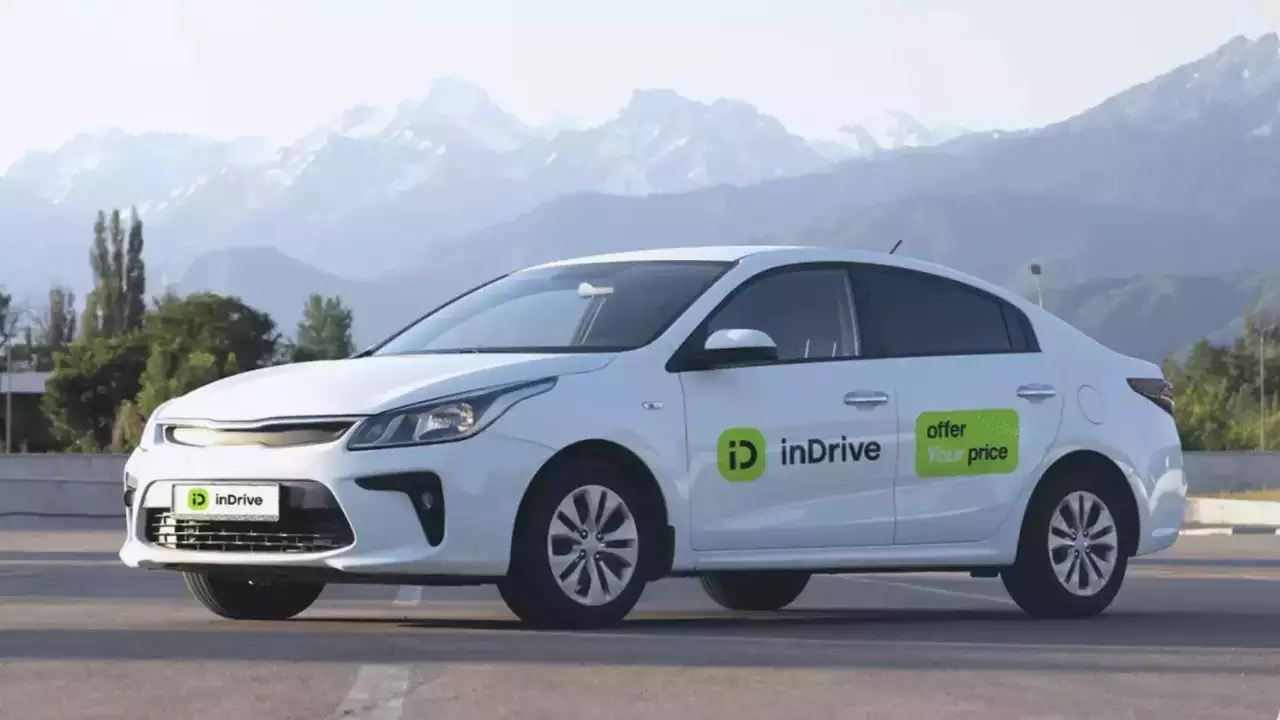


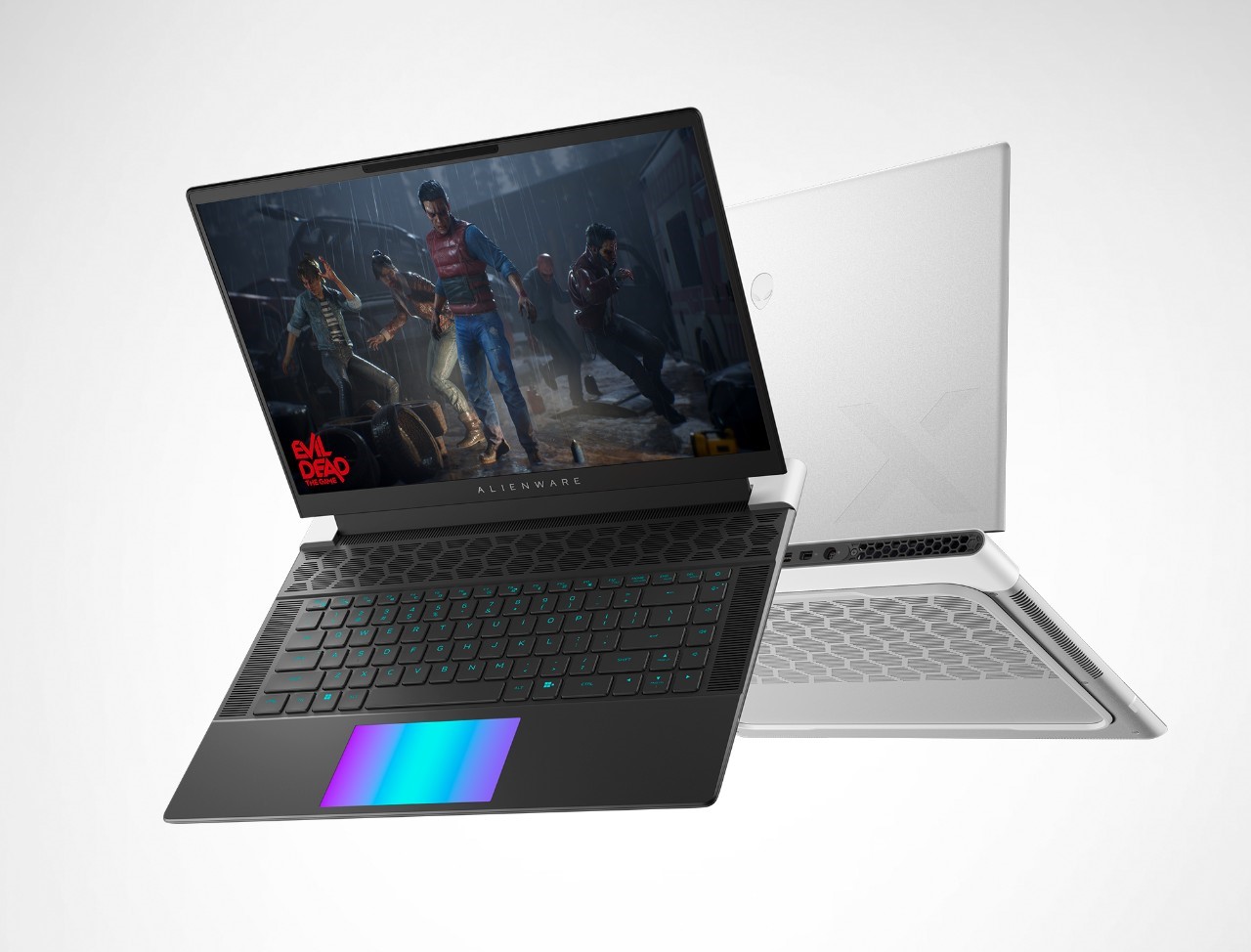

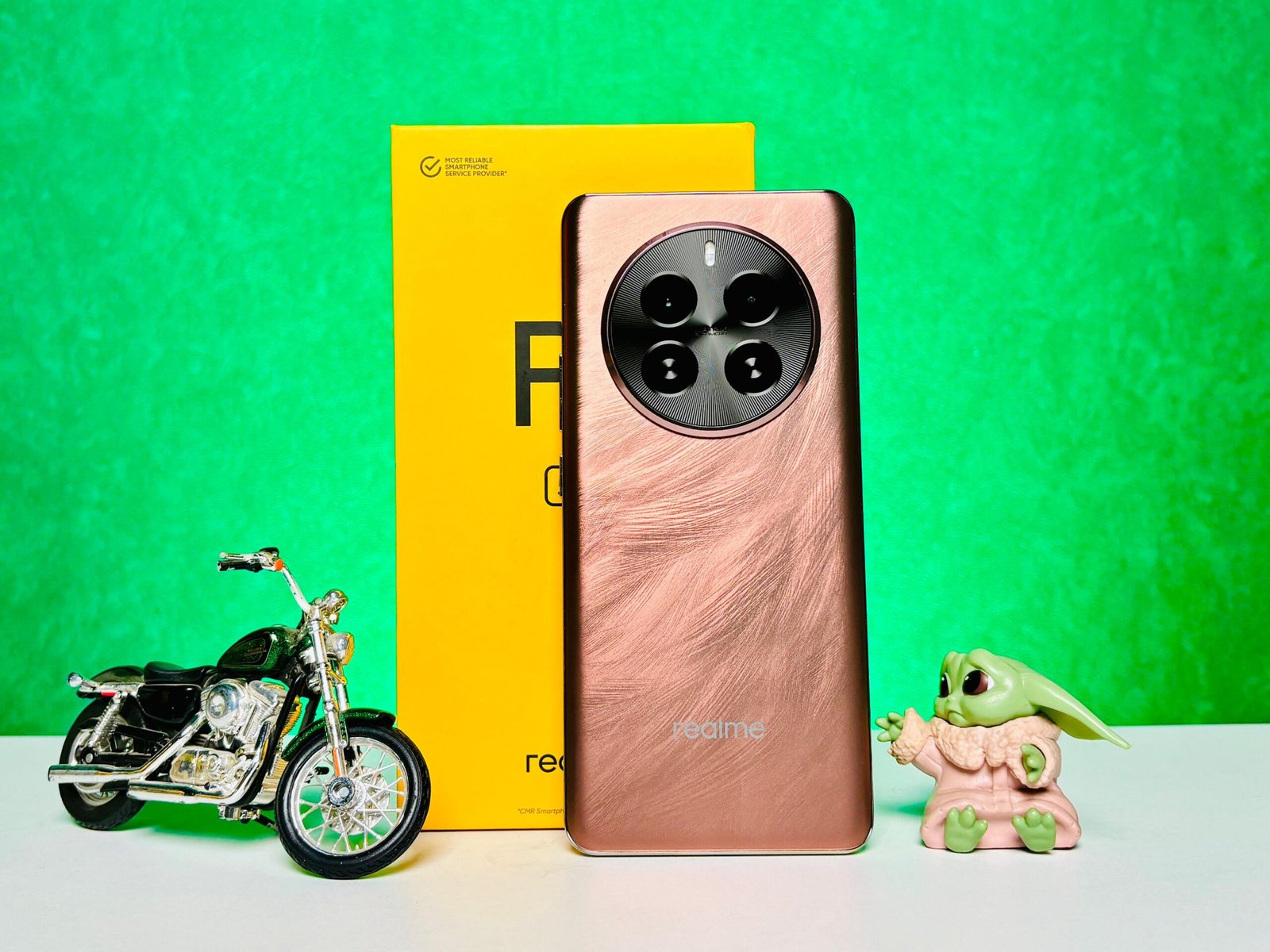
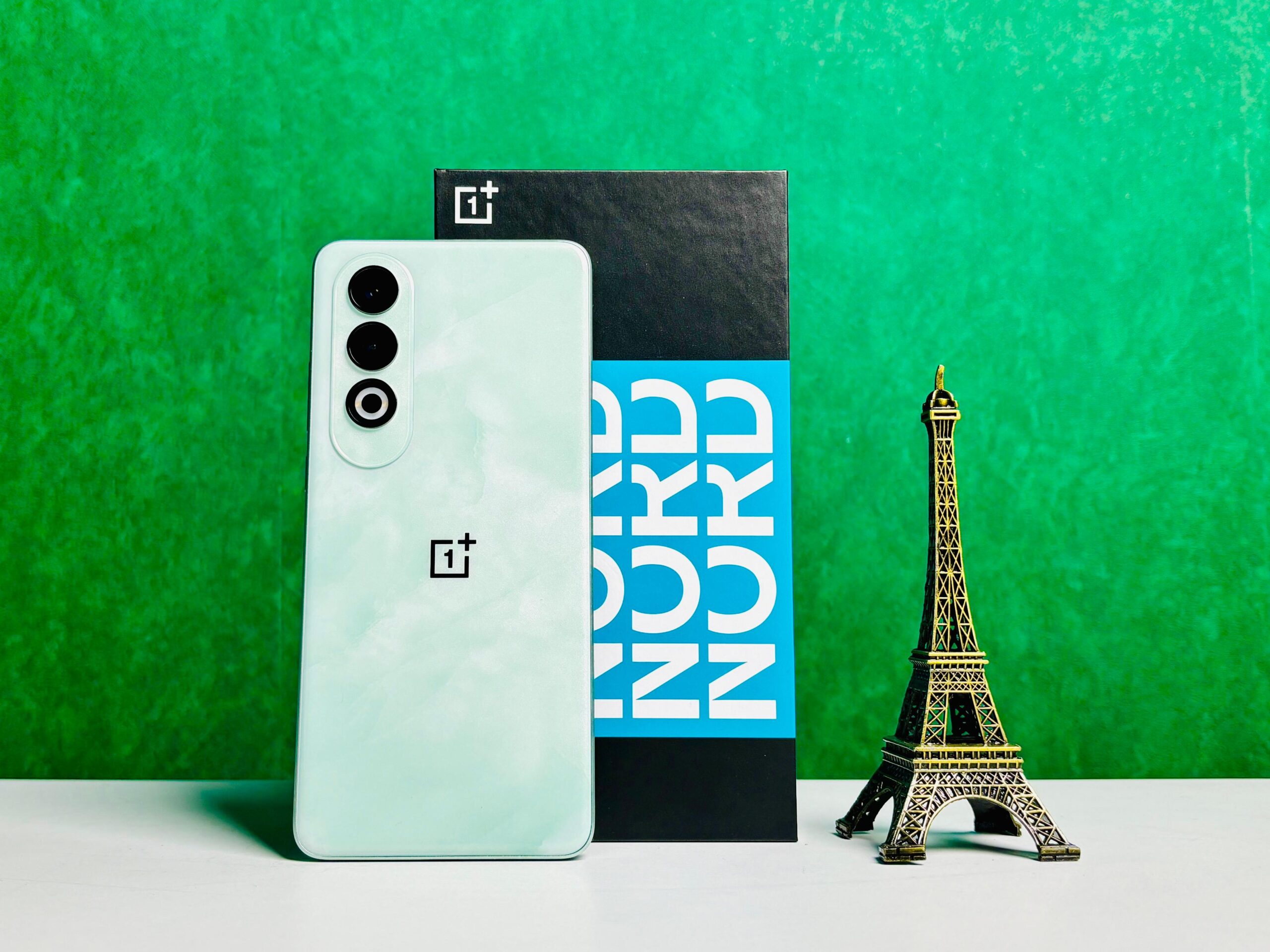

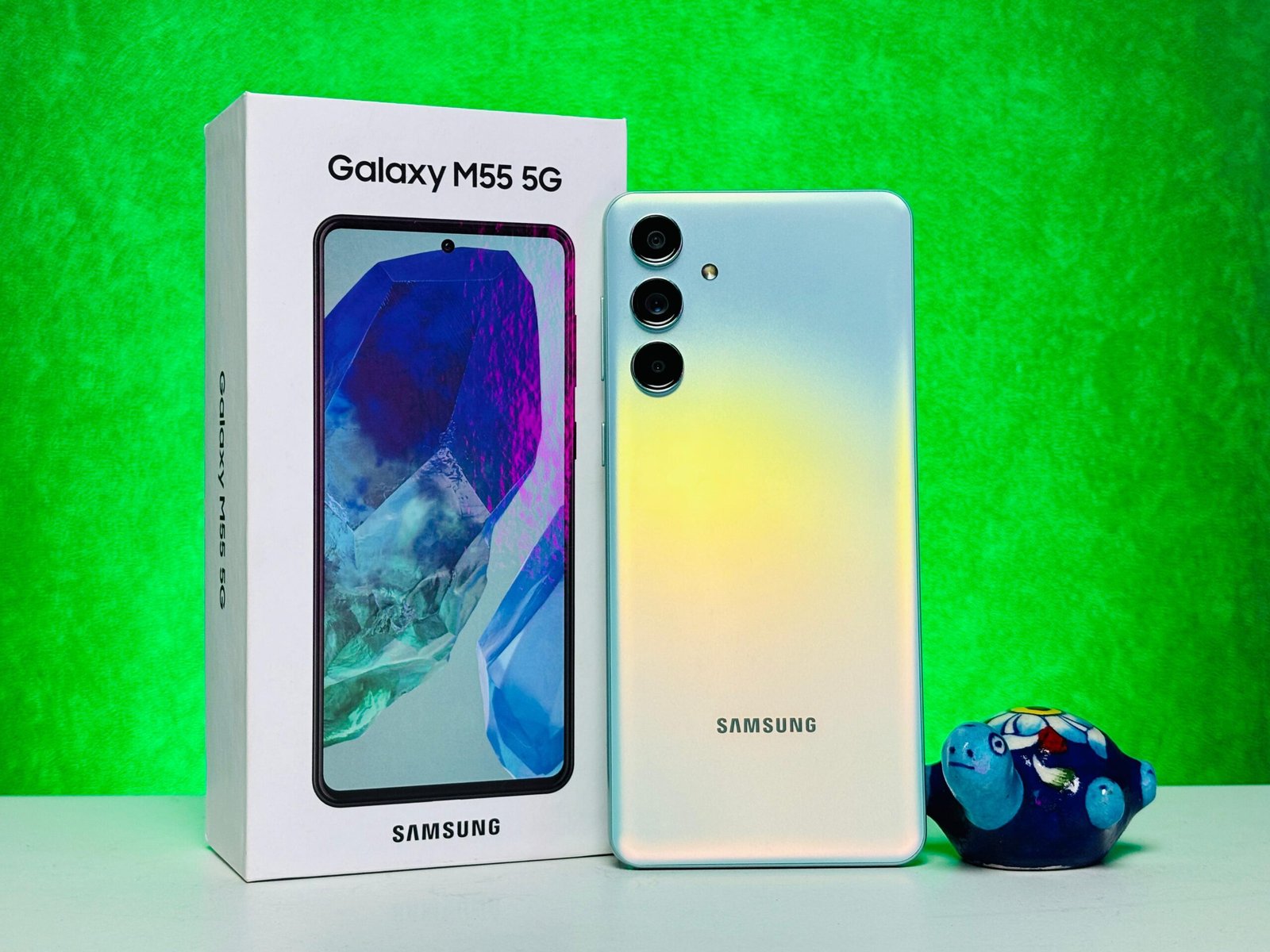
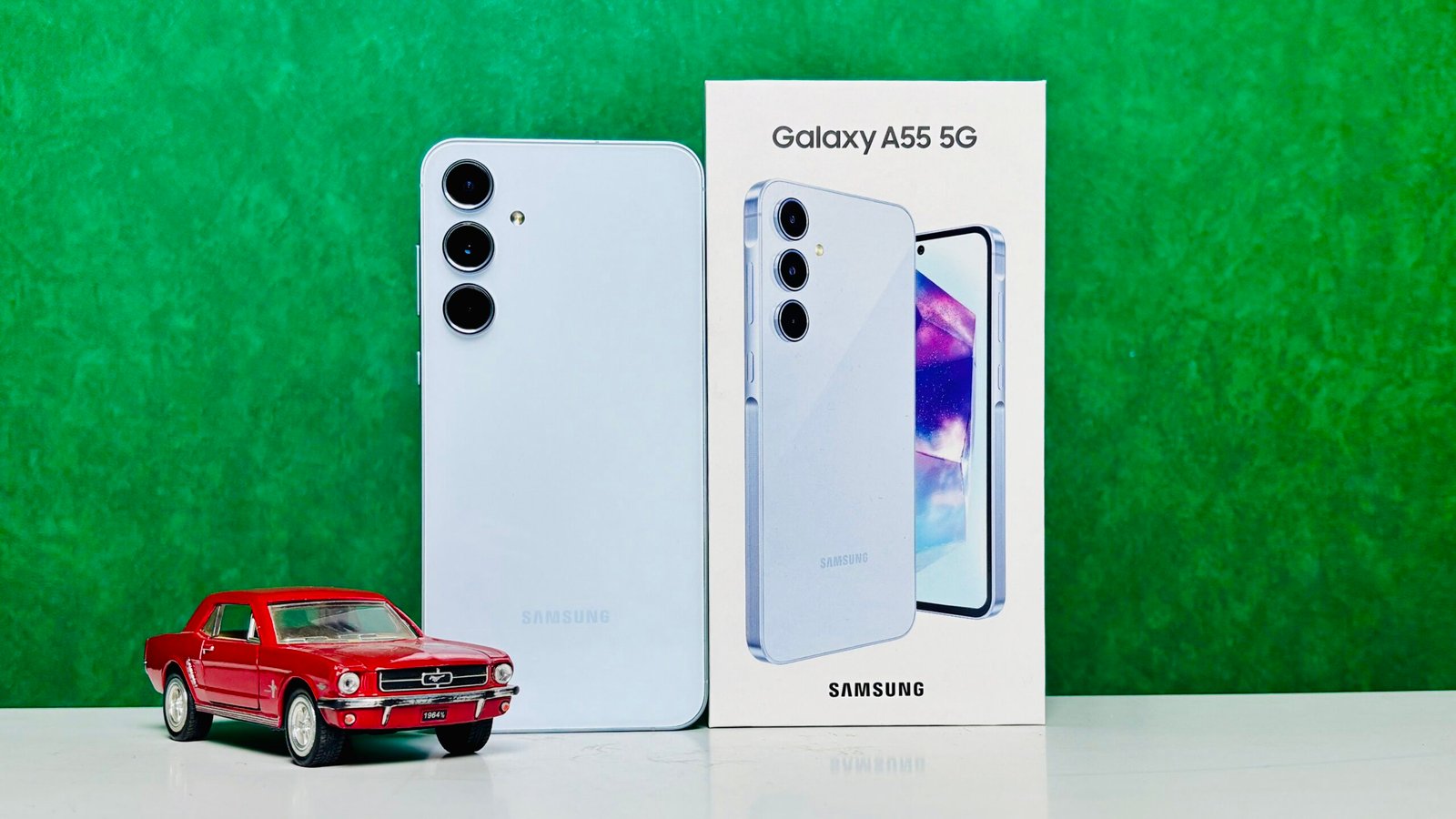
Add Comment